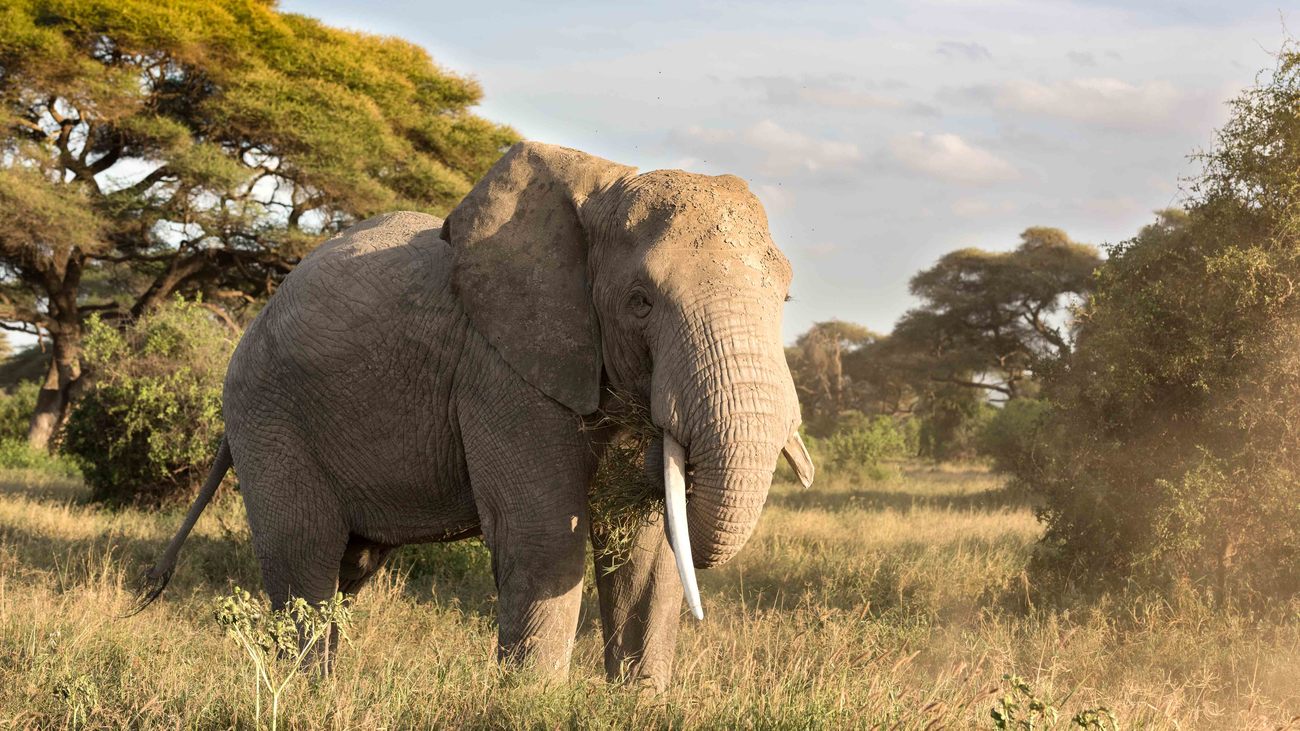Disrupting Wildlife Cybercrime – Global
Wildlife crime is a matter of supply and demandCanada alert: your action needed to help ban ivory and save elephants
Canada alert: your action needed to help ban ivory and save elephants

African elephants are more than majestic. They are keystone species that play critical roles in their environment and their future is far from secure. Today, there are between 400,000 to 500,000 elephants in Africa; a 70% decline since the 1970s, primarily due to poaching. On average, scientists estimate between 10,000 to 20,000 elephants are killed each year for their ivory.
IFAW works to end the slaughter of elephants for their ivory by intervening at all levels of the trade chain. We work with local communities and park rangers to stop poaching at the source. We provide training, mentorship, and infrastructure to wildlife authorities. We train Customs agents in transit countries, and we work to reduce demand for elephant ivory and shape policy that will protect elephants and legislation that will end wildlife crime.
IFAW believes that all trade in elephant ivory, both international and domestic, must be stopped as long as elephants are being killed for their ivory tusks. Ivory trade, even when it is legal, causes consumer and enforcement confusion, and potentially provides a cover for the laundering of illegal ivory.
Killing elephants for their ivory has devastating impacts, not only for the individual animals, but for elephant society at large, and their habitats and environment. The ivory trade also threatens the lives of park rangers, fosters corruption and negatively impacts the economic, ethical, and security aspects of the communities affected by organized illegal trade, which is fueled by consumer demand.
The trade in ivory anywhere, threatens elephants everywhere.
With your support, IFAW has been advocating for restrictions on ivory trade for the past decade in the UK and EU. Our newest report on wildlife cybercrime in the United States exposed a surprisingly high proportion of elephant ivory still in online trade, with unscrupulous dealers exploiting loopholes and using code words, blurry photos, and dubious claims of legality.
Thankfully, there is now a growing recognition around the world that the legal trade in ivory stimulates demand and provides a cover for the laundering of illegal ivory. The United States, United Kingdom, European Union and Thailand have all recently implemented increased trade controls for elephant ivory, and the legal ivory market has been closed in China, Singapore, Vietnam and Myanmar, with the Hong Kong ivory market expected to close later in 2021.
But Canada—along with Japan, Namibia and South Africa—continues to sanction a domestic marketplace for elephant ivory. Although the volume of trade is thought to be low, ivory continues to be traded on-line across Canada, in auction houses and markets -providing cover for illegal ivory trade.
Use your voice to help ban ivory trade in Canada
The Canadian government is now holding a public consultation to gather input on appropriate measures to restrict elephant ivory trade in Canada. Your input is critical—it will determine whether Canada moves ahead with a ban on elephant ivory.
By participating in this consultation, you can help save elephants by asking Canada to ban the elephant ivory trade and fight poaching. It’s the right thing to do: for elephants, for biodiversity, and for the planet.
Related content
Every problem has a solution, every solution needs support.
The problems we face are urgent, complicated, and resistant to change. Real solutions demand creativity, hard work, and involvement from people like you.